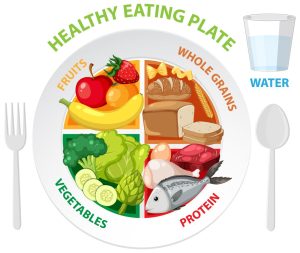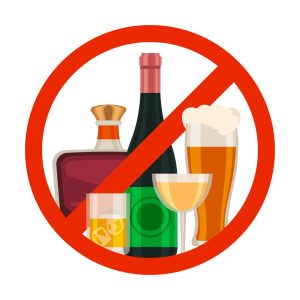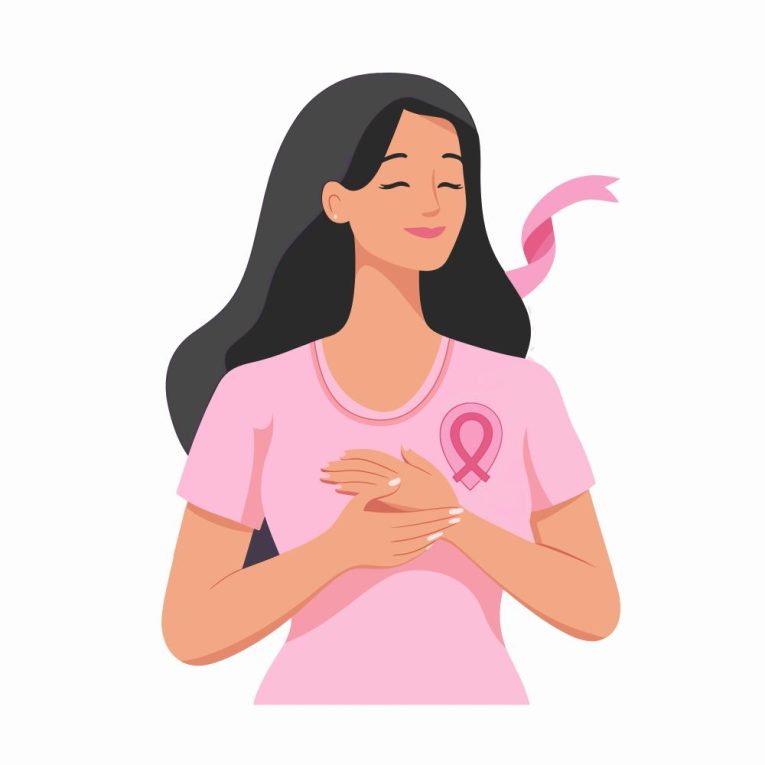Breast cancer survivors often face concerns about the possibility of recurrence. Though there is no single strategy guaranteeing prevention, certain changes to one’s lifestyle can greatly reduce the risk. The following guide outlines strategies that are proven to prevent the recurrence of breast cancer.
1. Maintain a Healthy Weight
Obesity is linked to a higher risk of breast cancer recurrence, particularly in postmenopausal women. Excess fat tissue can increase estrogen levels, which may promote the growth of hormone-receptor-positive breast cancers. Achieving and maintaining a healthy weight through balanced nutrition and regular exercise is crucial.

2. Engage in Regular Physical Activity
Regular exercise offers numerous benefits for breast cancer survivors:
- Reduces Recurrence Risk: Studies indicate that women who engage in regular physical activity have a lower risk of breast cancer recurrence.
- Improves Overall Health: Exercise helps manage weight, reduces fatigue, and enhances mood.
Aim for at least 150 minutes of moderate-intensity or 75 minutes of vigorous-intensity exercise each week. Activities like walking, swimming, or cycling are excellent choices.

3. Adopt a Balanced Diet
A nutritious diet plays a vital role in reducing the risk of breast cancer recurrence.
- Fruits and Vegetables: Rich in antioxidants and phytochemicals, they help protect cells from damage.
- Whole Grains and Legumes: Provide fiber, which aids in hormone regulation and supports digestive health.
- Healthy Fats: Incorporate sources like olive oil, avocados, and nuts, which contain beneficial monounsaturated and polyunsaturated fats.
Limit intake of processed foods, red meats, and sugary beverages, as they may contribute to inflammation and weight gain.

4. Limit Alcohol Consumption
Drinking alcohol is linked to a higher chance of getting breast cancer again. To lower this chance, it’s best to drink less alcohol or not drink at all.

5. Consider the Role of Pregnancy and Breastfeeding
Reproductive factors can influence breast cancer risk:
- Pregnancy: Early and multiple pregnancies have been associated with a reduced risk of certain types of breast cancer.
- Breastfeeding: Breastfeeding for extended periods may lower the risk of breast cancer.
While these factors are not modifiable for all women, understanding their potential impact is important.

6. Manage Stress and Mental Health
Chronic stress can negatively affect the immune system and overall health. Incorporate stress-reducing practices such as:
- Mindfulness and Meditation: Helps in managing anxiety and improving emotional well-being.
- Counseling or Support Groups: Provides emotional support and coping strategies.
- Regular Physical Activity: Exercise is a natural stress reliever.

7. Regular Medical Follow-Up
Adhering to scheduled medical appointments is essential:
- Routine Screenings: Mammograms and other imaging tests help detect any changes early.
- Medication Adherence: If prescribed, take hormonal therapies or other medications as directed.
- Open Communication: Discuss any new symptoms or concerns with your healthcare provider promptly.

Conclusion:
Reducing the risk of breast cancer recurrence involves a multifaceted approach, including maintaining a healthy weight, engaging in regular physical activity, adopting a balanced diet, limiting alcohol consumption, understanding reproductive factors, managing stress, and adhering to medical follow-ups. By making informed lifestyle choices, survivors can take proactive steps towards long-term health and well-being.
FAQ’s:
1. Can quitting smoking help reduce the risk of breast cancer recurrence?
Yes, quitting smoking is beneficial. Smoking has been linked to an increased risk of breast cancer recurrence. By quitting, you not only reduce this risk but also improve overall health, enhancing the effectiveness of treatments and recovery.
2. How does alcohol consumption affect breast cancer recurrence risk?
Alcohol intake is associated with a higher risk of breast cancer recurrence. Limiting or avoiding alcohol can help reduce this risk. If you choose to drink, it’s advisable to do so in moderation.
3. Are there specific dietary patterns that help reduce breast cancer recurrence?
Adopting a diet rich in fruits, vegetables, whole grains, and lean proteins can be beneficial. Limiting saturated fats, red meats, and processed foods may also help lower the risk of recurrence.
4. Can breastfeeding reduce the risk of breast cancer?
Yes, breastfeeding has been shown to lower the risk of developing breast cancer. The protective effect is more pronounced with longer durations of breastfeeding. Additionally, breastfeeding may reduce the risk of certain aggressive breast cancers.
5. How important is stress management in preventing breast cancer recurrence?
Managing stress is crucial. Chronic stress can harm the immune system and overall health. Incorporating stress-reducing practices like meditation, yoga, or counseling can support well-being and potentially reduce recurrence risk.

